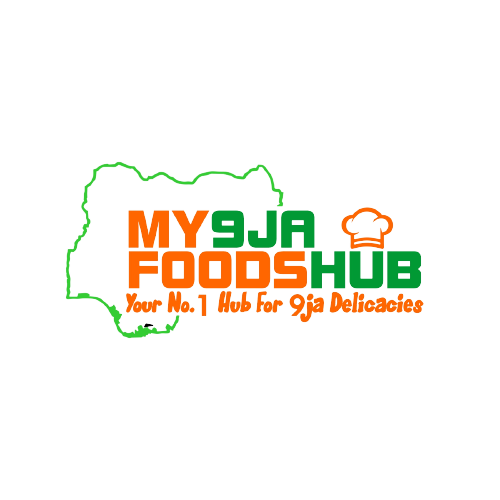Pregnancy is an exciting time filled with responsibility. Your body undergoes many changes, and proper nutrition is key for both you and your baby. A well-balanced diet provides essential vitamins and minerals needed for healthy development. In this article, we’ll explore the best foods for pregnancy and how to include them in your diet.
The Importance of Nutrition During Pregnancy
- Folic acid: essential for the prevention of birth defects
- Iron: necessary for the production of red blood cells
- Calcium: crucial for bone development
- Protein: essential for the growth and repair of tissues
- Vitamin D: necessary for bone health and development
The Best Foods for Pregnancy
1. Lean Protein Sources
- Chicken: rich in protein, iron, and essential vitamins and minerals
- Turkey: similar to chicken, it’s an excellent source of protein, vitamins, and minerals
- Fish: packed with omega-3 fatty acids, essential for fetal brain and eye development (opt for low-mercury options like salmon and sardines)
- Legumes: beans, lentils, and chickpeas are rich in protein, fiber, and essential vitamins and minerals
- Nuts and seeds: almonds, walnuts, and chia seeds are rich in protein, healthy fats, and essential vitamins and minerals
2. Fresh Fruits and Vegetables
- Berries: rich in antioxidants, vitamins, and minerals
- Leafy greens: spinach, kale, and collard greens are packed with iron, calcium, and essential vitamins
- Broccoli: rich in vitamin C, vitamin K, and folate
- Citrus fruits: oranges, grapefruits, and lemons are high in vitamin C, flavonoids, and fiber
- Carrots: rich in vitamin A, vitamin K, and fiber
3. Whole Grains
- Brown rice: rich in fiber, magnesium, and selenium
- Quinoa: complete protein, rich in iron, magnesium, and fiber
- Whole wheat bread: rich in fiber, iron, and B vitamins
- Oats: high in fiber, iron, and B vitamins
4. Dairy and Calcium-Rich Foods
- Milk: rich in calcium, vitamin D, and protein
- Yogurt: high in calcium, protein, and probiotics
- Cheese: rich in calcium, protein, and essential vitamins and minerals
- Fortified plant-based milk: alternatives like soy milk and almond milk can be fortified with calcium and vitamin D
5. Healthy Fats
- Avocado: rich in healthy fats, fiber, and essential vitamins and minerals
- Olives and olive oil: high in healthy fats, antioxidants, and essential vitamins
- Nuts and seeds: almonds, walnuts, and chia seeds are rich in healthy fats, protein, and essential vitamins and minerals
Foods to Limit or Avoid During Pregnancy
- Raw or undercooked meat, fish, and eggs: increase the risk of foodborne illnesses
- High-mercury fish: shark, swordfish, and king mackerel
- Unpasteurized dairy products: increase the risk of foodborne illnesses
- Excessive caffeine: can increase the risk of miscarriage and low birth weight
- Processed and packaged foods: often high in sugar, salt, and unhealthy fats
Tips for a Healthy Pregnancy Diet
- Eat frequently: aim for 3-5 main meals and 2-3 snacks per day
- Stay hydrated: drink plenty of water throughout the day
- Incorporate variety: eat a wide range of foods to ensure you’re getting all essential nutrients
- Consider a prenatal supplement: talk to your healthcare provider about taking a prenatal vitamin to supplement your diet
- Cook and store food safely: follow proper food handling and cooking techniques to prevent foodborne illnesses
READ MORE: How to Build a Positive Mindset Around Healthy Eating






